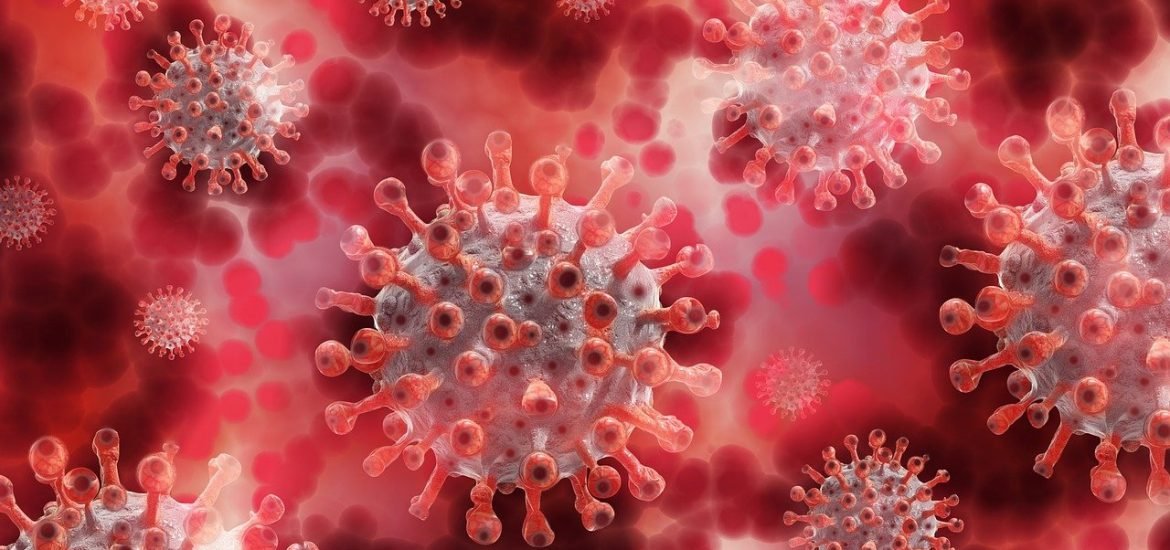
A team of researchers from the Technical University of Munich, Germany, developed a faster and more reliable antibody test to determine the presence of antibodies for the new coronavirus, according to a study published in the journal Analytical and Bioanalytical Chemistry (1). The test provides results in just eight minutes, but researchers believe they can reduce that to four minutes.
As more and more people receive the vaccine, it will be vital to develop cheap and reliable tests to determine if patients already have antibodies against the new coronavirus. There are currently 20 different tests, with waiting times ranging from two and half hours to 10 minutes. The sensitivity in these tests varies widely, with more accurate tests needing more steps, making them more expensive and time-consuming. In addition, most tests only look for one type of antibody, and therefore can only identify immunity acquired with the vaccine or through infection, but not both.
Now, an interdisciplinary team from the Technical University of Munich has created an automated test that is both fast and cheap as well as highly sensitive and able to detect the three most important antibodies. They called it the COVRapid test. At the moment, this approach can provide results within eight minutes, but the researchers believe they will be able to bring waiting time down to just four minutes. Preliminary results showed very high specificity and sensitivity with 65 tested samples and even performed better than some commercial tests already on the market.
In simple terms, the test checks for antibodies against the nucleocapsid protein (which encapsulates the viral genome) and two of the proteins that form the spike (responsible for initiating infection). This gives a more detailed insight into the patient’s immune response and reduces the risk of negative results.
“We have already developed reliable rapid tests for antibiotics in milk and for Legionella using this technology platform,” said Dr Michael Seidel, head of the Bioanalytics and Microanalytical Systems group at TUM’s Department of Analytical Chemistry and Water Chemistry. “The system has already proven itself in practical use. Our ‘CoVRapid’ rapid test may thus be deployed in clinics, medical offices and research laboratories in the very near future.”
According to the researchers, this test can be extremely valuable in a clinical setting to check if patients already overcame a Covid19 infection and whether they still have antibodies as protection against another infection. Due to the test’s ability to check for different antibodies, it can also be used to assess whether vaccination programmes are successful.
“The present research begs questions like: How well do vaccinations work? How long does immunity last? When will vaccinations need to be readministered? With its high sensitivity, our CoVRapid will help us find the answers to these questions,” says lead author Julia Klüpfel.
In the long term, the team is keen not only to make the test cheaper and faster but also to expand its application into other diseases, such as influenza, for example. With such a fast and reliable test, it’s easy to see how it could be applied in emergency rooms to test patients with respiratory symptoms, allowing for quicker diagnosis and treatment.
“Overall, we bring forward a valuable diagnostic tool that can easily be customized to different applications and already proved very successful in the context of SARS-CoV-2 serology testing”, concluded the researchers.
(1) Klüpfel, J., Koros, R.C., Dehne, K. et al. Automated, flow-based chemiluminescence microarray immunoassay for the rapid multiplex detection of IgG antibodies to SARS-CoV-2 in human serum and plasma (CoVRapid CL-MIA). Anal Bioanal Chem (2021). https://doi.org/10.1007/s00216-021-03315-6